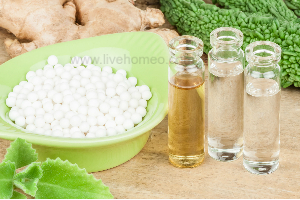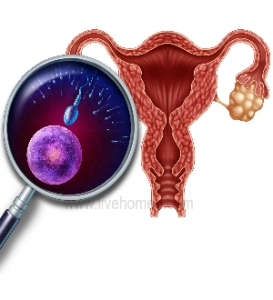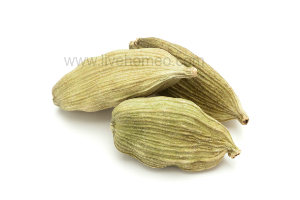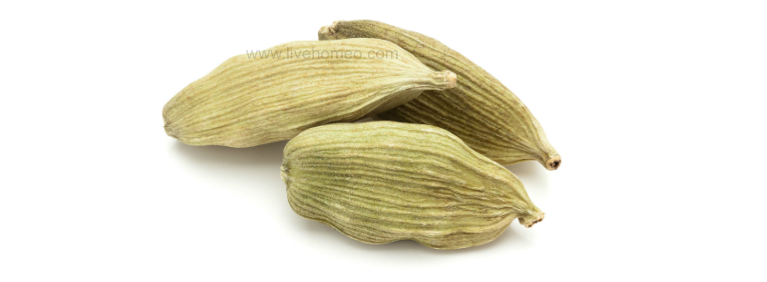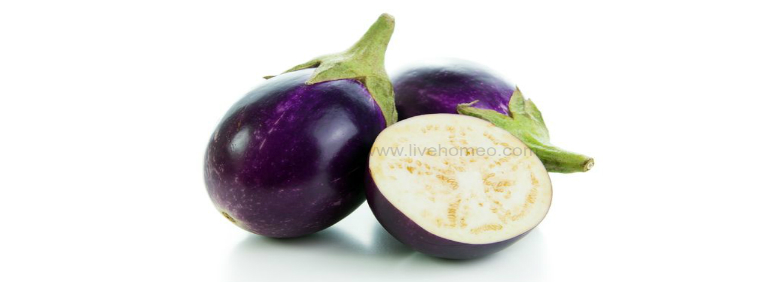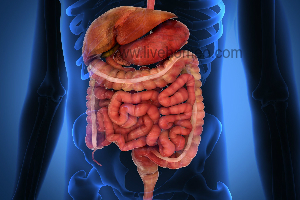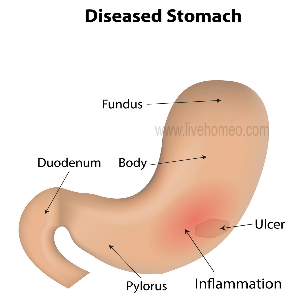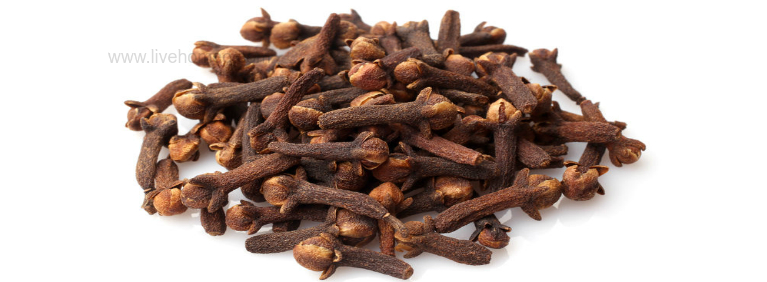Stress is a physical pressure or mental tension or worry caused by several problems. One feels tensed or nervous under stress. Stress is the feeling of pressure and body’s response to it. Stress is a threat or problem, if anything happens instantly people feels stressed. Sudden, good or bad experiences may cause stress and lead to many personal, financial, social, physical and emotional problems like anxiety, depression, headache, hypertension and so on. Stress effects body, mind, behaviour and thinking. Becoming moody, low self esteem, frustration, depression, nausea, upset stomach, body pains, increased heart beat, sweating, insomnia and nervousness are some common signs and symptoms of stress. Stress in employees leads to lack of concentration, reduced productivity, difficulty in making decisions and social withdrawal.

Ways to control Stress and to be Stress Free :
To control and manage stress one should be healthy and should relax both body and mind. Here are few ways to control and manage stress, they are
Healthy diet– having good healthy diet is a good defence against stress, it helps to relieve stress and reduce tension. By controlling or avoiding alcohol and caffeine consumption one can manage stress and can be healthy. Using these to control stress may lead to long term health problems. Fresh fruits and vegetables, whole grains and lean protein help you to feel better and control mood swings. Do not skip meals as it makes stress symptoms worse like headache, tension and so on.
Exercise daily– exercise reduces your stress, makes your body and mind feel relaxed and better. Exercise like walking, meditation, yoga, breathing exercises, stretching’s, massage, dancing, swimming and running helps to relieve stress. Exercise improves overall health, it increase the production of endorphins which controls stress and gives a feeling of overall wellbeing and improves confidence. Meditation, yoga, breathing exercises plays a very crucial role in controlling and relieving stress. Swimming is the best way to release stress and keeps you fresh.
Get enough sleep– sleep and stress are connected to each other, inadequate sleep causes stress, irritability and depression. Good sleep is very important to manage stress. Breathing exercises, meditation, yoga help to treat sleeping disorders and with good enough sleep one can manage stress levels.
Eliminate triggers– understand your stress triggers to manage stress. Knowing your stress triggers and avoiding those helps in controlling stress. Avoid your personal emotional triggers as they influence your behaviour. Keeping a journal, challenging yourself and developing a strong support system helps to manage your emotional triggers.
Make time for hobbies– go easy on yourself, take a break, make time for yourself and for your hobbies to keep aside stress. In this modern busy life you need to chill out and relax yourself as these will make you feel good and gives energy. Make time for hobbies like singing, dancing, listening to music, spend time in nature, reading, playing games, knitting, painting and watching movies. These hobbies helps to increase endorphins and keeps stress away.


